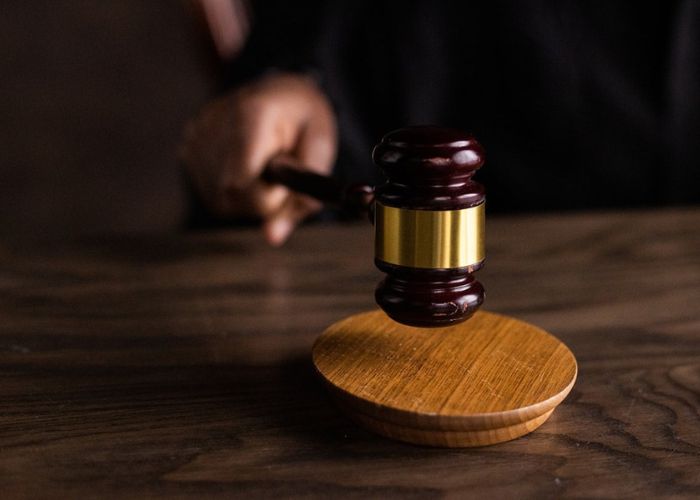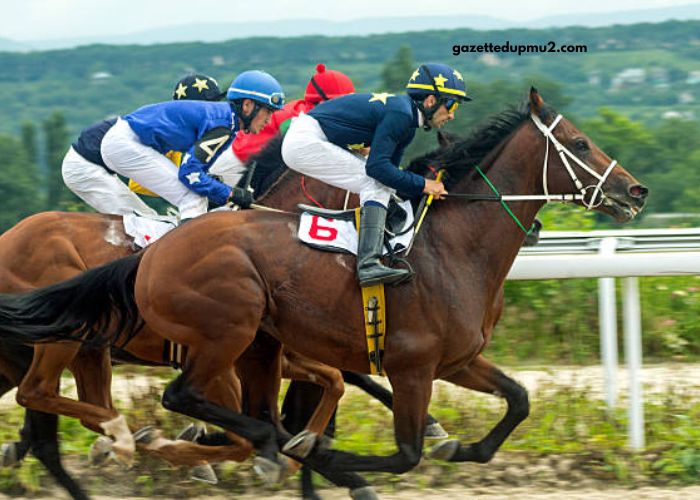In the realm of legal proceedings, the dichotomy between wrongful death lawsuits and criminal prosecution unveils intricate disparities in objectives, burdens of proof, and impacts on the involved parties. Whether navigating the complexities of a civil case or navigating the intricacies of criminal law, understanding these distinctions is paramount. When confronted with such legal intricacies, seeking guidance from a seasoned Duluth wrongful death lawyer from Kevin A. Adamson, P.C. becomes indispensable.
Burden of Proof in Wrongful Death Cases
1. Civil Wrongful Death Cases
In civil wrongful death cases, the burden of proof lies squarely on the shoulders of the plaintiff, often the surviving family members. They are tasked with demonstrating, through a preponderance of the evidence, that the defendant’s actions or negligence directly led to the death. This burden necessitates presenting enough convincing evidence to sway the court that it is more likely than not that the defendant’s conduct resulted in the tragic loss. This standard is less stringent than that required in criminal cases, allowing for a more accessible path to justice for grieving families seeking restitution and closure.
2. Criminal Cases
Conversely, in criminal cases, the burden of proof ascends to a higher plane, demanding that prosecutors establish the defendant’s guilt beyond a reasonable doubt. This formidable threshold requires compelling evidence and persuasive arguments that leave no room for doubt in the minds of jurors or judges. It mandates a level of certainty so absolute that any reasonable person would be convinced of the defendant’s culpability. Such a rigorous standard reflects society’s profound commitment to ensuring justice is meted out with utmost certainty and fairness, safeguarding the rights of the accused while upholding the rule of law.
Contrasting Objectives: Civil Compensation and Criminal Punishment in Wrongful Death Cases
1. Wrongful Death Lawsuits: Compensation for Survivors
In wrongful death lawsuits, the central aim is to secure justice and provide solace to the bereaved by compensating them for their profound losses. Beyond mere financial restitution, these cases seek to acknowledge the intangible toll of the loss, encompassing emotional anguish and the irreplaceable void left by the deceased. Such lawsuits serve as a means to hold negligent parties accountable, offering a semblance of closure and ensuring that the survivors are not left shouldering the burdens of their tragedy alone.
2. Criminal Prosecution: Societal Punishment and Deterrence
On the other hand, criminal prosecution operates within a framework geared towards societal retribution and deterrence. While victims’ families may indeed receive restitution, the paramount objective remains the imposition of penalties commensurate with the severity of the offense. Through imprisonment, fines, or alternative punitive measures, the justice system endeavors to uphold the societal fabric by signaling the consequences of unlawful actions. By focusing on punishment, criminal prosecution seeks to dissuade potential offenders and safeguard the community against future harm.
The Interplay of Civil and Criminal Cases in Wrongful Death Proceedings
1. Simultaneous Cases
When civil and criminal cases run concurrently, it underscores the multifaceted nature of legal proceedings. While distinct in their burdens of proof and objectives, these parallel processes offer a comprehensive approach to seeking justice. Despite their independence, the outcomes of one case may reverberate within the other, shaping perceptions and influencing subsequent decisions. This coexistence of legal avenues underscores the complexities inherent in addressing wrongful death, acknowledging the diverse needs of survivors and the broader imperatives of justice.
2. Sequential Proceedings
In sequential proceedings, the legal journey unfolds in a strategic and deliberate manner, allowing for a systematic exploration of culpability and restitution. Here, the sequential nature of civil and criminal cases affords a nuanced examination of the circumstances surrounding the wrongful death. By first addressing criminal liability and subsequently delving into civil claims, this approach ensures a thorough and methodical pursuit of accountability. Such a sequential progression balances the imperatives of criminal justice with the rights of survivors, fostering a holistic pursuit of truth and redress.
Impact on Survivors: Coping with Legal Proceedings and Emotional Realities
1. Wrongful Death Lawsuits
Wrongful death lawsuits serve as more than just legal proceedings; they offer a pathway toward emotional healing and financial stability for the bereaved. While monetary compensation cannot erase the pain of loss, it can ease the burden of practical concerns such as medical bills and funeral expenses. Additionally, the acknowledgment of wrongdoing through legal channels can provide a sense of closure and validation, validating the family’s suffering and honoring the memory of the deceased.
2. Criminal Prosecution
The pursuit of criminal charges represents a complex mix of emotions for survivors. While it offers a form of validation and societal condemnation for the defendant’s actions, the primary focus of the criminal justice system lies in punishment rather than direct compensation for the survivors. This can leave families grappling with a sense of unresolved grief, as the legal process prioritizes punitive measures over addressing the tangible impacts of their loss.
Conclusion
Navigating the nuances between wrongful death lawsuits and criminal prosecution requires a deep understanding of legal principles and objectives. For those grappling with such complexities, seeking guidance from a seasoned Duluth wrongful death attorney is essential. By comprehending the distinctions in the burden of proof, purpose, concurrent proceedings, and impacts on survivors, individuals can navigate these legal landscapes with clarity and confidence, striving toward justice and closure for all parties involved.





